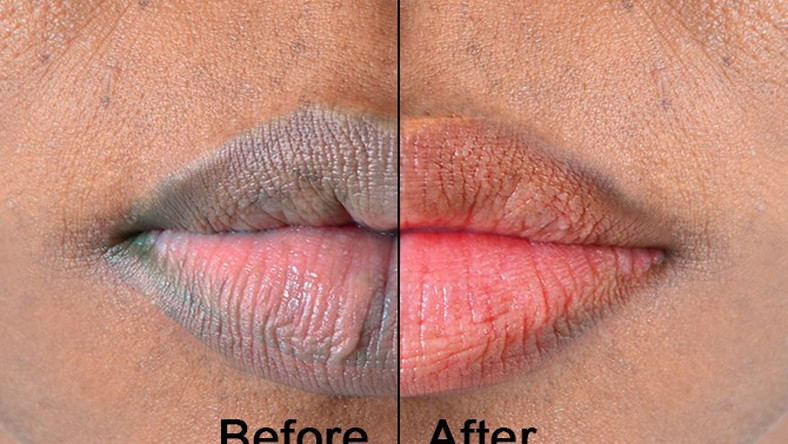Health
The 5 Best Ways to make your lips soft and pink
 pil
pil
here is a certain kind of unexplainable beauty that comes with having pink lips.
Everyone can admit to this. And it is counted among the reasons why a lot of people would do almost anything to make their lips soft and pink.
However, in other to make it easy for you, if you’re one those who would want to have a soft and pink lips, we decided to to show you five to make it happen.
Here are 5 natural ways to make your lips soft and pink
1. Honey and lemon mask
The goodness of honey and lemon is known to many people. And as a matter of fact, their usefulness cannot be overemphasized when they are combined, because they become a source of remedy to many problems.
However, with honey being a natural moisturizer and lemon juice acting as a natural bleach, it becomes quite easy to see how these two can improve the quality of your lips.
Items Needed
One teaspoon honey
1/2 teaspoon fresh lemon juice
A glass container
Step by step procedure
2. Sugar and olive oil
When it comes to the beautification of the body, face or lips, exfoliation is king. And this is because it does not only remove the barrier of dead skin cells, it also helps to uncover the cells of the new skin.
However, with regards to the lips, sugar and oil scrub is an excellent way to exfoliate and nourish it as well. it’s one extra step with extra benefits.
Items Needed
One tablespoon brown sugar or white sugar
One tablespoon olive oil or coconut oil (use extra virgin oil for added benefits)
Step by step Procedure
3. Aloe vera gel mask
There are some plants that are magical in nature: Aloe vera is one of them. Being one of the most versatile plants on earth, it has come to the observation of many that the usefulness of Aloe vera is endless.
And of course, it can be used for the treatment of lips.
So, if there are cuts of any kind on your lips or they need more hydration, then aloe vera gel mixed with coconut oil or olive oil will do the miracle.
Items Needed
Fresh aloe vera gel
Olive oil or coconut oil
Step by step procedure
Take a fresh leaf of aloe vera gel, slice it from the middle.
Scoop out the gel using a spoon and put it in a glass container.
Add a few drops of olive oil or coconut oil into the gel.
You can use this as you would use your lip balm.
Store in the refrigerator.
4. Lip balm and toothbrush
This basic method of getting rid of dry lips has for long remained one of the most effective ways ever. All you need is good quality lip balm of a thick consistency and a soft toothbrush or washcloth.
Step by step procedure
5. Cucumber
Cucumbers are not only great when it comes skin lightening, the water content in it can be used to moisturize the lips.
As a matter of fact, if you can keep slices of cucumber on your lips for about 15 minutes on a daily basis, they would become fair and soft.
Easy, right?












